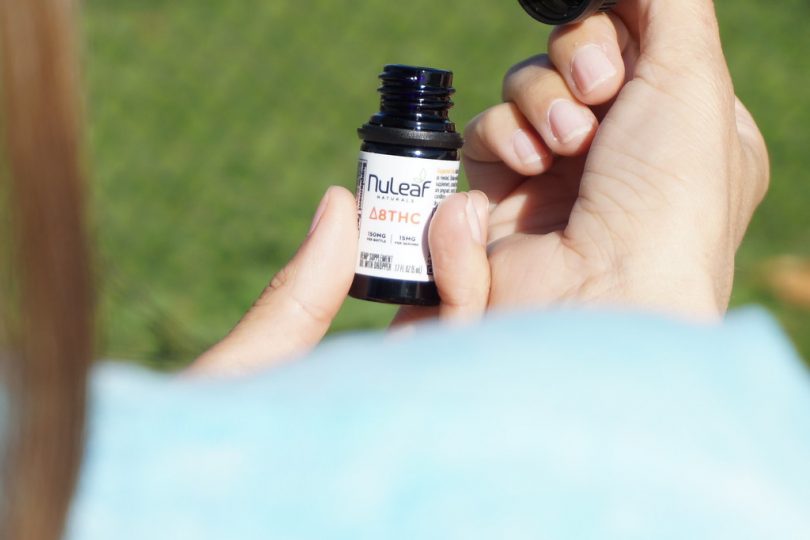A recent article in the Forbes described the Delta-8 (D8) frenzy as “a tale of American ingenuity.” Sales of Delta 8 products exploded in the recent past. This was good for both hemp growers who needed to dispose their excess biomass, producers, as well as the end consumers who got to enjoy the feeling of getting “legally high,” as it has been described. On the other hand, this has prompted state regulatory authorities in some states to crackdown on the sale of this cannabis sativa derived compound. But while we are still enjoying the D8 frenzy, how will this impact CBD sales? Are CBD and D8 complimentary or competing products?
The question begs yet another question, why are consumers turning to D8 and is it for the same reason that they have been turning to CBD?
CBD sales have risen steadily over the years. It is estimated that the global CBD market will reach USD 2,740 million this year and grow at a CAGR of around 51% in the 10 year period till 2030. This growth is precipitated by the entrance of dominant players as well as smaller ambitious startups into the market. The therapeutic potential of CBD is a driver for clinical trials that are also contributing to the regional market growth.
That said, CBD is not intoxicating and therefore is of little significance as a recreational substance.
Delta-8, like other cannabinoids, has therapeutic potential that deserves further exploration. However, the D8 frenzy has more to do with the therapeutic potential of this Delta-9-THC analogue.
The market is generally excited about the psychotropic properties of D8. Some consumers have described the D8 high as invigorating without having extreme effects such as paranoia. The novelty and legal grey area is another exciting feature that makes D8 appealing to younger age groups. Producers are also getting very creative with how they market D8 products which, unlike THC products, can be easily accessed from gas stations and convenient stores.
Placed side-by-side, it is highly unlikely that the D8 frenzy will hurt CBD sales in any way. Consumers are turning to the two products for different reasons, and the clientele type is also quite different. While the CBD group is most medicinal, the D8 group is made up mostly of recreational users. Consequently, it is a fair to project that the sale of both products will continue on a positive trajectory for the foreseeable future, the two being complimentary rather than competing products.
Image Source
https://www.flickr.com/photos/elsaolofsson/51050011706










